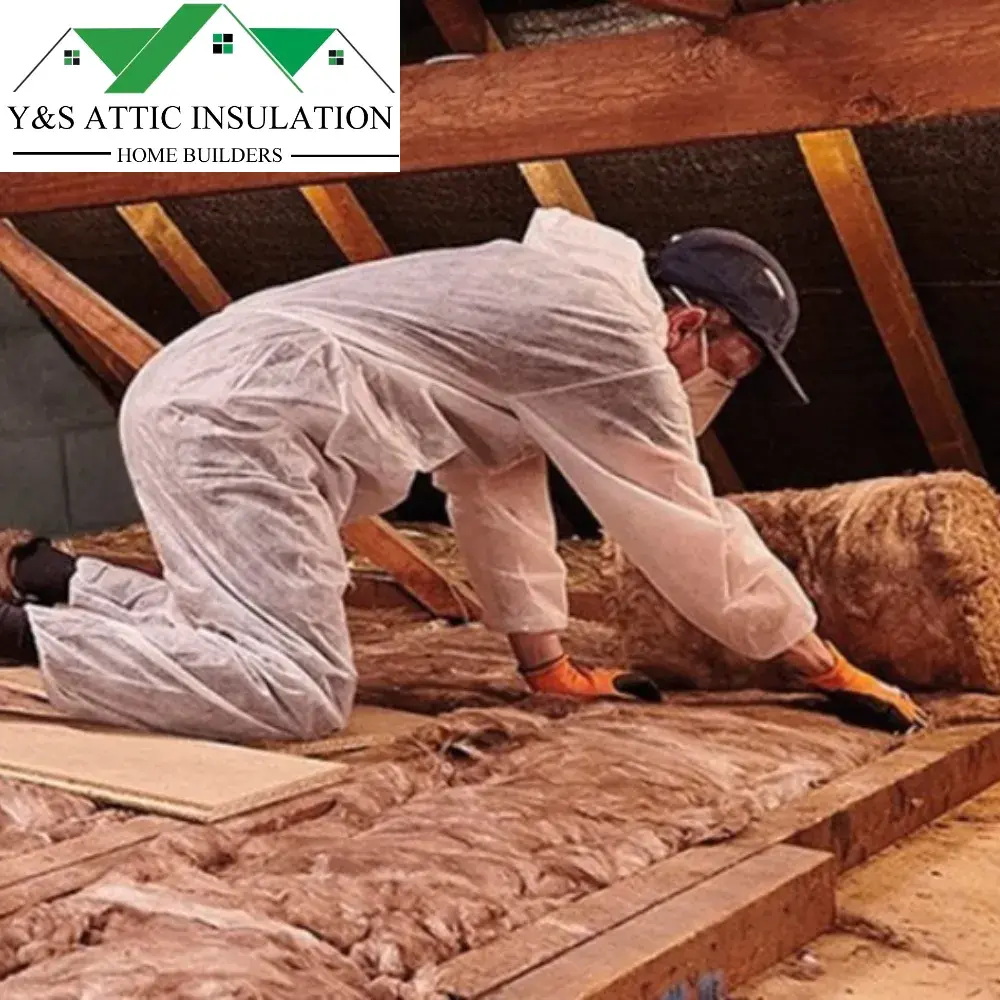Attic insulation plays a pivotal role in maintaining your home’s comfort by managing heat transfer and energy use. This essential component of home efficiency creates a thermal barrier that stabilizes indoor temperatures regardless of seasonal fluctuations. Understanding how insulation works offers insight into why it’s a critical investment for energy-conscious homeowners. By effectively reducing heat exchange, it ensures a balanced, comfortable environment throughout the year.
How Heat Transfer Affects Home Comfort
To grasp the importance of attic insulation, it’s essential to understand the basic principle of heat transfer. Heat naturally moves from warmer areas to cooler ones, which means your home loses heat in the winter and gains heat in the summer. Insulation slows this process by trapping air within its fibers or cells, creating resistance to heat flow. This resistance, measured as R-value, determines the material’s effectiveness in preventing unwanted heat exchange. The higher the R-value, the better your home stays insulated against extreme temperatures.
The Role of Materials in Insulation Efficiency
Different materials contribute uniquely to the performance of attic insulation. Fiberglass, cellulose, and spray foam are among the most commonly used types. Fiberglass traps air in its fine glass fibers, while cellulose, made from recycled paper, offers eco-friendly and dense coverage. Spray foam, a versatile option, expands to fill gaps and creates an airtight seal. Each material excels under specific conditions, making it important to choose the right type based on your home’s needs. Modern advancements have significantly enhanced insulation efficiency, ensuring better thermal protection and energy savings.
Energy Savings and Environmental Impact
Effective attic insulation reduces the energy required to heat or cool your home, leading to lower utility bills and a smaller carbon footprint. By minimizing energy waste, insulation supports sustainability efforts while improving household comfort. Proper installation ensures consistent indoor temperatures, eliminating drafts or hot spots that disrupt comfort. For homeowners aiming to enhance their energy efficiency, exploring options for attic insulation can deliver both immediate and long-term benefits.
Enhancing Comfort Through Thermal Balance
Beyond energy efficiency, attic insulation significantly impacts your home’s overall comfort. By regulating heat flow, it maintains a steady indoor climate, regardless of outdoor conditions. Insulation also dampens noise, creating a quieter and more peaceful living environment. Whether you’re dealing with winter chills or summer heat, investing in high-quality attic insulation ensures a more comfortable and enjoyable home experience year-round.
By understanding the science behind attic insulation, homeowners can make informed decisions to improve energy efficiency, reduce costs, and enhance daily comfort. It’s an investment in both your home and your lifestyle, delivering tangible benefits that last for years to come.
Learn More
Debunking Myths About Attic Insulation: What Homeowners Need to Know

